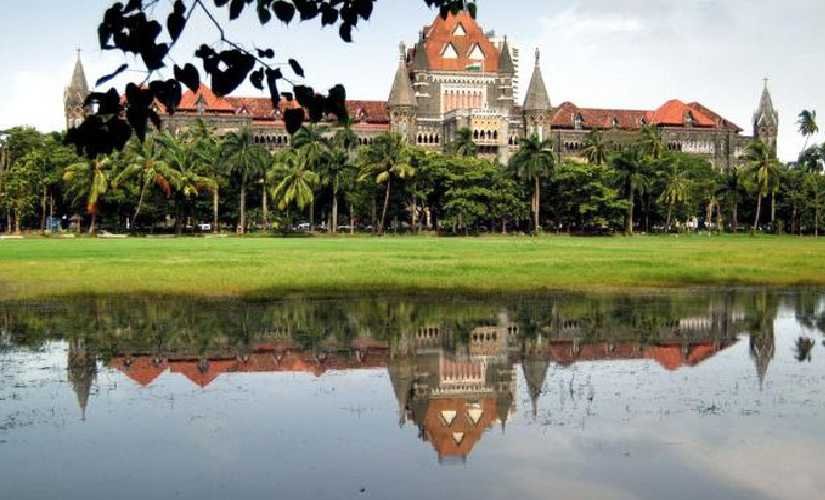
Bombay High Court declares having extramarital consensual same sex relationships not a criminal offense
In a first of a kind decision, the Bombay High Court declared that an extramarital consensual same sex relationship is not a criminal offense (just like how it is not a criminal offense in case of heterosexual spouses).
Lawyers associated with SLIC argued for the petitioner who is co-accused along with the husband of the woman who had filed the complaint.
Note: Ordinarily, lawyers associated with SLIC do not represent men in cases filed against them by non-men. This was an extraordinary matter where the accused (petitioner who we represented) belonged to the queer community and would have had to face punishment under the draconian Section 377 which the Supreme Court rightly read down in September, 2018. We also in any way do not condone the way the husband of the complainant dealt with the matter.
Background of the case:
In 2009, a married woman filed a complaint against her husband and the petitioner in the case for having an extramarital gay affair.
The woman and her husband got married in 1994. After 4 to 5 years of their marriage, she realised that her husband is gay and opposed him husband having parallel relationships with other men. Subsequently, he ill treated her, and she left the house and started living with her father. Thereafter, she came back to him. However, once again, she found that her husband continued having affairs with different men.
In early 2007, she found that her husband was having a sexual relationship with the petitioner accused and that her husband was not ready to stop his relationship with the petitioner/accused. Her husband had ill treated her on a number of occasions and therefore, she lodged the FIR on 26.2.2009 and the offence was registered with Gamdevi police station, the petitioner/accused along with the husband of the complainant was prosecuted for a number of offences including that under Section 377.
The petitioner moved court with a discharge application. The learned Metropolitan Magistrate, 40th Court, Girgaum, rejected the application (on 05/01/2012) and a revision application was filed.
On 23/11/2012, the learned Ad Hoc Additional Session Judge, Greater Mumbai, partly allowed the said revision application by discharging the accused from section 323, 504 r/w section 34 of the Indian Penal Code but maintained the charge under section 377 of the Indian Penal Code.
The order was challenged in the High Court which led to the present judgment where the court said the following:
Heard submissions and persued the FIR and other documents. The complainant has grievance against her husband, who is a gay and kept sexual relations with male friends i.e., the petitioner. The Supreme court in the case of Navtej Singh Johar & Ors. vs. Union of India 1 has held section 377 of the Indian Penal Code insofar as it criminalises consensual sexual conduct between the adult of same sex, as unconstitutional. In the present case, both were having an extra-marital consensual sexual relationship.
Though it may be a ground for divorce on the ground of cruelty to the complainant, it does not constitute offence under section 377 because both are adults and had sexual relationship by consent. In this case, there is no victim. The complainant wife is an aggrieved person but she cannot be called as a victim under section 377 of the Indian Penal Code. There are allegations against the husband having unnatural sexual intercourse with her.
Under such circumstances, the order passed by the learned Ad hoc Additional Sessions Judge, Greater Mumbai dated 23.11.2012 refusing to discharge the petitioner/accused from the offense punishable under section 377 of the Indian Penal Code is hereby quashed and set aside. Accordingly, the petitioner/accused is hereby discharged from section 377 of the Indian Penal Code.